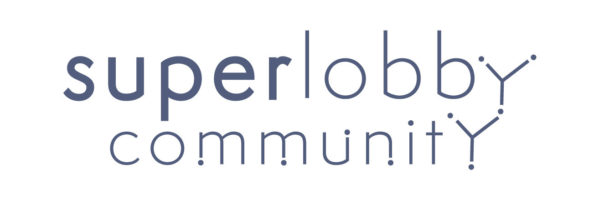
This week Ursula von der Leyen delivered her State of the European Union. This annual event is used to announce and prioritize political initiatives and give a general overview of, well, the State of the European Union. It is also traditionally ridden with grandstanding, overly ambitious initiatives and -pardon my french- plain bullshit. Therefore, last year I started a tradition by writing my blog about “The Real State of the European Union”. I will first give a general overview and then give some pointers where you can find the remaining policies for this term.
It’s the European Union economy, stupid!
After my tenure at the Dutch Bank FMO, I realized that we spend way too little time on economy and finance and way too much on politics. You can’t understand the world without looking at the economy and finance. In that sense, Europe seems to be bouncing back from the Corona pandemic. Real GDP looks to grow by 2.7% in 2022 and 1.5% in 2023. The projected annual growth rate for this year is gaining momentum and had a stronger first quarter than economists estimated. However, double-digit inflation numbers are running wild across Europe. In the Netherlands, it is over and beyond 10%. Unemployment is low at 6.8%. Vonder Leyen mentioned inflation only 1 time in her speech. By comparison; the word “war” alone was mentioned 16 times. On the 25th of september Italy will go to the polls. Can a change in government derail the EU? In this analysis Dutch bank ING thinks Italy cannot, so I sleep a bit more sound at night
War and Energy
Never has the State of the Union speech been more political. “This is not only a war unleashed by Russia against Ukraine,” she said. “This is a war on our energy, a war on our economy, a war on our values and a war on our future.” The Ukrainian First Lady, Olena Zelenska, was an honorary guest at the address. Von der Leyen herself wore Ukrainian colors. While war has been omnipresent in media, speech and public discourse, the name of the game is ENERGY. The European Economy, citizens’ well-being and whether there will be civil unrest will largely depend if Europe can contain its energy prices. To that end Von der Leyen will the same week talk with ambassadors about a plan which will foresee obligatory energy savings, capping renewable energy profits (green energy also needs to foot the bill) and a tax on excess profits for oil and gas companies. This should lead to a fund of 140 billion that would then be redistributed to member states to elevate citizens.
DW has an excellent detailed explainer about the plans. People that like details also probably noticed that Von der Leyen wants to shift our energy imports to trusted partners such as Canada, Norway and wait for it…. Algeria. Its these kind of sentences which lobbyist should look out for policy direction.
Democracy, transparency and fuzziness
The European Union has never been more opaque and undemocratic than now. Never have more deals been made in backrooms (trialogues and delegated acts). Backroom deals have become the norm (trialogues are growing from 60% a couple of years ago to 100%). Leave all hope behind that this will be reformed because of the Conference on the Future of Europe or even Von der Leyens’ call for a European Convention. While the outcome of the citizens’ panels is being sold as one of the greatest experiments of citizen participation, it is hardly so. The final rapport on the Conference on the Future of Europe reads (and is in fact) a Commission work document. I did my best to read but have only gotten through ¾ of the doc, and I am supposed to love this stuff. I doubt any expert has actually read it. What remains is a lot of fuzziness. For example, what is the political union Macron has talked about, and Von der Leyen is backing? Equally mysterious is the European Sovereignty Fund, a way to finance critical industry. How will this be different than the instruments of the European Investment Bank? Why does Von der Leyen want to enshrine intergenerational solidarity in the treaties?
Policy, policy, policy
That leaves us with a lot of policies to be completed by the next European elections in march 2024. With so many policies still needing to be adopted by the next parliamentary term, critics haven’t failed to notice that Von der Leyen spent very little time talking about policies. It would be insane to cramp all the remaining policies into a blog, luckily there are a couple of workarounds. Politico has this excellent “Back2School” piece where they give a good overview on the remaining files. The European Parliament Research Service has done something similar. You can either look at all the policies and their state of play, or at this page on all legislation in progress. The European Legislative Train also provides a nifty way to see what is going on. Finally, for the real policy wonks, there is always The European Legislative Observatory.
Liked this blog? Why not sign up for the newsletter and be the first in the know?

